FACT: Viacom owns CBS; General Electric owns NBC; Disney owns ABC; and News Corporation owns Fox Broadcasting Company.
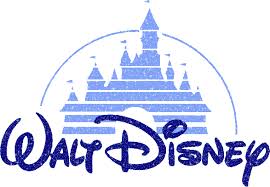
ABC's corporate parent is the Walt Disney Company. Disney owns 10 television stations, 50 radio stations, ESPN, A&E, the History Channel, Discover magazine, Hyperion publishing, Touchstone Pictures, and Miramax Film Corp.
Viacom owns 39 television stations, 184 radio stations, The Movie Channel, BET, Nickelodeon, TV Land, MTV, VH1, Simon & Schuster publishing, Scribner, and Paramount Pictures.
News Corp. owns 26 television stations, FX, Fox News Channel, TV Guide, the Weekly Standard, New York Post, DirecTV, the publisher HarperCollins, film production company Twentieth Century Fox and the social networking website MySpace.
FACT: Currently, six major companies control most of the media in our country.
The FCC could decide to relax media ownership rules, which would allow further consolidation and put decisions about what kinds of programming and news Americans receive in even fewer hands.
FACT: Since 1995, the number of companies owning commercial TV stations declined by 40 percent.
If the FCC votes to relax media ownership limits, it could further erode diversity of ownership at the local level and increase the influence of large media conglomerates. In 2003, the regulations restricting a broadcast company from owning stations that reach beyond 35% of American households were loosened to 39%.
CABLE
FACT: Three media giants own all of the cable news networks.
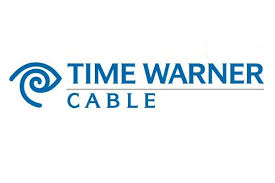
Comcast and Time Warner serve 40 percent of cable households.
Many proponents of deregulation site the expanded numbers of cable stations to argue that media sources are more diverse than they once were. The reality is that -- while there may be more stations -- they are still controlled by a small number of media companies.
The Telecommunications Act of 1996 was, in part, meant to increase competition in the cable industry. The Act was heavily influenced by industry lobbyists and has had the opposite effect.
RADIO
FACT: The Telecommunications Act of 1996 lifted ownership limits for radio stations, leading to incredible consolidation of radio station ownership.
 One company alone, Clear Channel Inc., now owns nearly 1,200 radio stations across the country. Before the change, a company could not own more than 40 stations nationwide.
One company alone, Clear Channel Inc., now owns nearly 1,200 radio stations across the country. Before the change, a company could not own more than 40 stations nationwide. Several large stations owned by Clear Channel briefly banned the music of the Dixie Chicks because of their critical comments about President George W. Bush. Stations owned by Infinity have also banned certain musicians based on their political views.
INTERNET
FACT: Major corporations, including AOL Time Warner, the New York Times, CNN, ABC News and USA Today dominate the top Internet news sites.
INTERNET
FACT: Major corporations, including AOL Time Warner, the New York Times, CNN, ABC News and USA Today dominate the top Internet news sites.
EFFECT on DEMOCRACY
FACT: The public owns the airwaves and the FCC grants licenses to broadcasters with the understanding they will serve the public interest.
To their corporate owners, media outlets do not exist to promote the public interest; they exist to make profits. But media companies don't manufacture widgets; they provide information. And information from diverse, competitive, and independent sources is vitally important to the health of a democracy.
FACT: The nation’s largest broadcast companies that will benefit from looser ownership standards have given more than $13.3 million in political contributions to federal candidates and national parties since 1995. These same media giants have spent more than $68 million lobbying Washington since 1999.
With their political clout, media giants have the ability to make their case heard at the FCC, the White House and Capitol Hill. The concerns of average citizens do not get the same attention from key policymakers.
FACT: The FCC is in the process of making important decisions that will have a significant impact on our democracy. This appointed body is doing so without distributing the proposed regulations for public review and without allowing for adequate public review and comment.
"It is the purpose of the First Amendment to preserve an uninhibited marketplace of ideas in which truth will ultimately prevail, rather than to countenance monopolization of that market, whether it be by the Government itself or a private licensee. It is the right of the public to receive suitable access to social, political, esthetic, moral, and other ideas and experiences which is crucial here. That right may not constitutionally be abridged either by Congress or by the FCC." --U.S. Supreme Court in the landmark 1969 case of Red Lion v. FCC
Note: Station Consolidation, Shared Services Agreements (SSA), Local News Services (LNS), Hubbing of graphics and station master control on server farms, and studio control room automation have combined to create massive layoffs at TV stations across the country.
In New York, IATSE Local 1 Stagehands have lost about 100 network TV studio jobs this year. By the end of June 2010 WNYW and WWOR will have eliminated about 60 more IATSE Local 794 positions due to LNS, studio control room automation, and hubbing.
ABC has already eliminated the Robotic Camera Operator, Video Operator, Audio Mixer, Server/Tape Operator, Graphics Operator, Associate Director, Lighting Director, Technical Director, and Director from the news control rooms with automation, cutting the crew from 9 people to 1 person. This will be done at NBC by June 2010 and eventually at CBS and WPIX as well.
The use of LNS to pool all ENG efforts in markets across the country will allow TV stations to drastically reduce the number of news camera crews and truck operators they employ at the cost of severely limiting the range and diversity of the news stories broadcast by those participating stations.
This is a major public interest issue that needs to be addressed at the FCC, FTC and DOJ.
Bob D
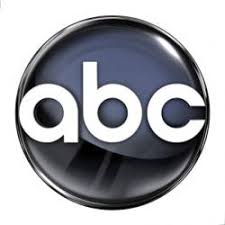
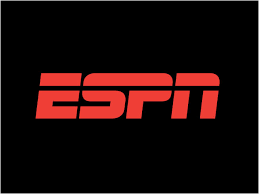


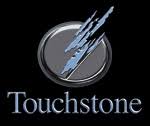





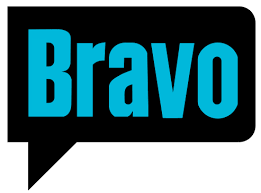
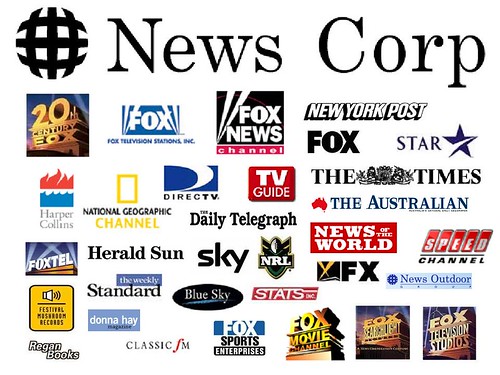

No comments:
Post a Comment